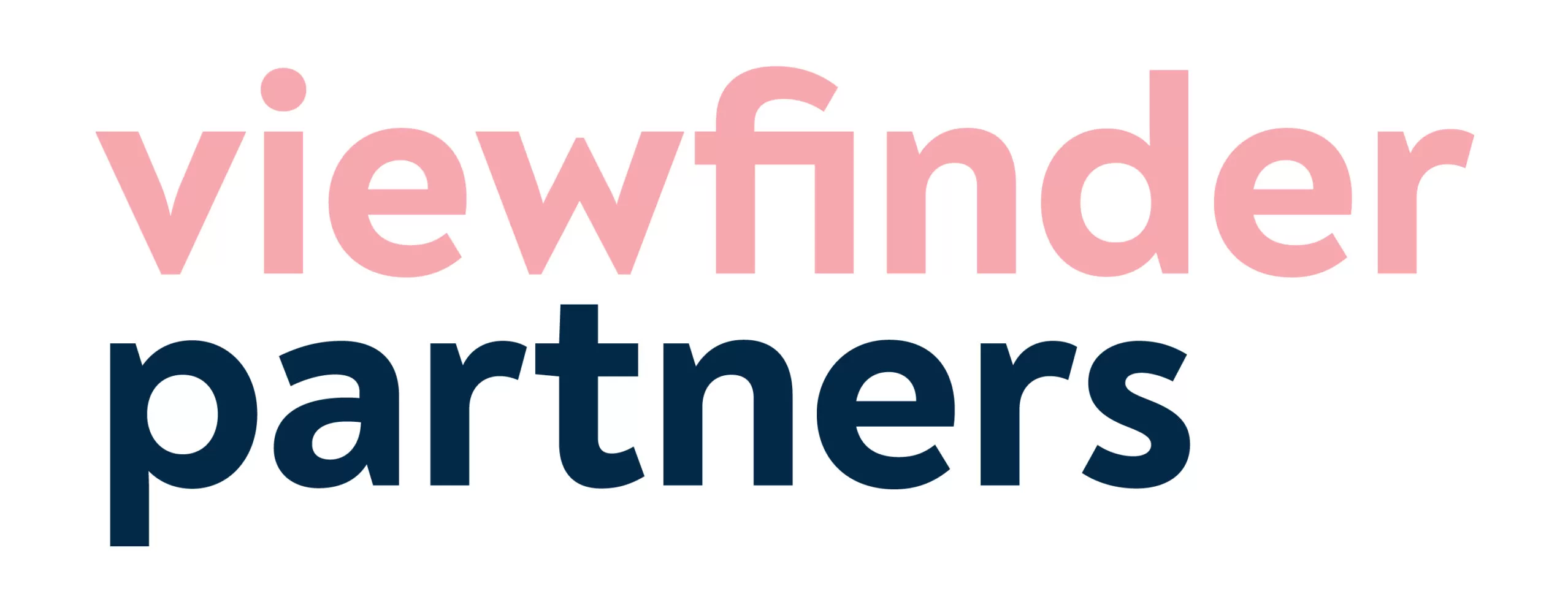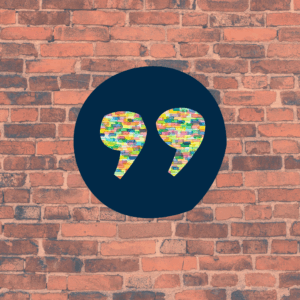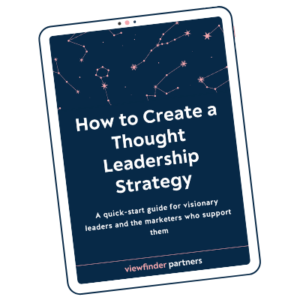During Trump’s second inauguration and in the weeks that followed, I’ve been trying to make sense of the increasingly distressing headlines.
As I watched the lineup of billionaires front and center at the inauguration (“like it was Coachella for oligarchs”) and read the news about pushing both government and business backward, I’ve wondered: How can I make sure that my work for corporations will still align with my values? How do we build businesses while embracing and spreading democratic values? These questions feel urgent.
Here’s how I’ve been processing life in Trump 2.0…and making sure my work is only supporting good ideas.
The contrast between progressive ideas about work and the current headlines
I can’t be the only one who’s having a hard time with the whiplash-inducing contrast between the progressive ideas that businesses have built their brands on in recent years (diversity of experience and thought, sound decisions based on science, sustainability for the planet) and the exact opposite ideas that are flowing from the people in this administration.
We say diversity, they say, “Doesn’t matter, and it’s actually illegal.”
We say climate change, they say, “Isn’t a real thing. Stop working with other countries on it.”
We say social justice, they say “Never heard of it, and also it’s canceled.”
The president is gleefully stomping on most of the ideas my clients have been working on. And the president is backed, at least on the surface and on the inauguration stage, by the leaders of big companies we used to think of as progressive beacons.
That contrast makes me wonder if all of this work means anything after all. What impact is thought leadership making if the next CEO is going to toss all these ideas aside and bow down to the Head Capitalist in Chief?
Here’s what isn’t computing in my brain right now. Yesterday, I saw two pieces of content back-to-back.
Exhibit A: An article in MIT Sloan Management Review (a site many of my clients would like to be featured on) about psychological safety at work.
Here’s the lede they shared on LinkedIn:
As organizations increasingly move away from top-down management controls to more democratized leadership built around empowered, self-organized, highly agile teams, building a culture in which employees can contribute fully and honestly to constructive dialogue and decision-making is essential.
Normally, that kind of research would feel pretty ho-hum to me. “Move away from top-down management.” “Democratized leadership.” “Constructuve dialogue.” Good stuff. I’m glad people are talking about it, but it’s nothing surprising.
Until I contrasted it with this…
Exhibit B: Ten seconds later, this headline glared at me from the top of the New York Times:

From the article:
“President Trump took aim at diversity efforts. […] Perhaps most alarming for business leaders was the order’s focus on private corporations, whether they do business with the government or not. ‘We’re already seeing that this flurry of orders has created fear and confusion,’ said David Glasgow, executive director of the Meltzer Center for Diversity, Inclusion and Belonging at N.Y.U. Law.
The executive order instructs the federal government to look at private sector D.E.I. initiatives: Each federal agency, it says, will identify ‘up to nine potential civil compliance investigations’ that could include publicly traded corporations, nonprofits and large foundations, among others.”
So Trump has decided he’s the monolithic, all-powerful ruler of all, and not only does he not care about “psychological safety,” but he’s coming after it at companies and nonprofits … and half the country (and the leaders of our country’s biggest and most powerful companies) enthusiastically support him. How does this all compute?
How do we keep working as builders when Trump proves that breaking things is easier?
And HOW? WHY? are most people going about business as usual in the face of this madness?
For now, here’s what I’m doing:
❗Not putting my head in the sand. For me, knowing what’s happening is important, and as long as my mental health can take it, I’ll be reading the news. (But I’m going to need a less all-consuming way to do it — so I just signed up for a new once-a-day Trump debrief from Vox called The Logoff, billed as “a newsletter that aims to solve a fundamental conundrum of this new era: How do you stay informed about politics without handing over a big chunk of your brain to Donald Trump?”)
❗Deeply appreciating that I work with clients who are, to a person, extremely intelligent and much wiser than I am. I work on content that’s making people smarter, with people I trust and respect. That’s a huge privilege and blessing, AND this new era is pushing me to continuously monitor my client base and assignments to make sure that stays true.
❗Encouraging my clients to speak boldly and plainly. Instead of mumbling platitudes about “quickly changing geopolitical conditions,” name the people and policies you mean. Politics is personal, and if it affects your work, speak up. Use your voice and shrug off the instinct to hide away.
❗Seeking out leaders in all areas who are speaking up and speaking out. Here’s who I’ve been watching:
- Management Professor Maja Korica, who is using her platform to call for change, specifically from the business schools that are teaching the next generation of corporate leaders.
- Bishop Mariann E. Budde, who used her literal pulpit to speak truth to power when she asked Trump to have mercy on the vulnerable. She explained why she spoke up: “I had a feeling that there were people watching what was happening and wondering, Was anyone going to say anything?” It turns out, no one else was going to say anything. So she did.
- Leaders speaking out against Trump’s policies at the World Economic Forum meeting in Davos — and the protestors speaking up for economic justice.
❗Building connections to more smart, bold, visionary leaders who need help talking about their work.
Here’s the bottom line for me as I sort through my thoughts today: Words matter more than ever. Ideas are more powerful than ever. And I only want to build and spread good ones.







